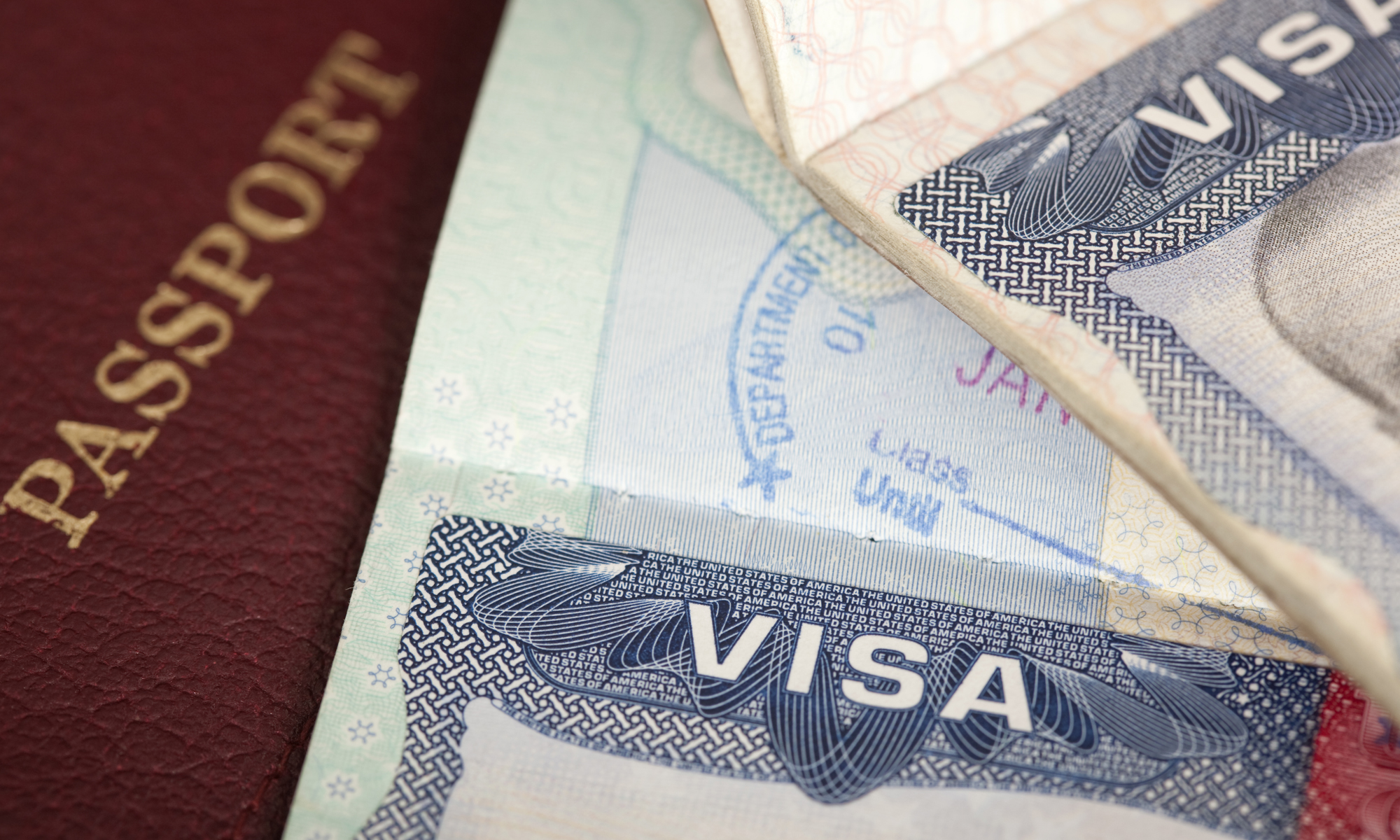After three years with no increase, Premium Processing fees for all USCIS forms will increase on February 26, 2024. Any Form I-907 requests for premium processing arriving at USCIS on or after that date will need to be submitted with the higher fees. Continue reading “USCIS Premium Processing Fees going up on February 26, 2024”
H-1B Lottery Begins on March 6, 2024: It’s Time to Prepare
The H-1B Lottery Registration Window Opens March 6, 2024. The ending date of the registration will be March 22, 2024. Employers and potential H-1B workers should determine now, whether they will enter and start preparing the necessary information and documentation for the submission. While an immigration attorney is not required for employers to submit their entries, it is highly recommended to have counsel for the process, as the USCIS online system can be confusing and prone to snafus.
Employers should consider entering any foreign workers who are on Optional Practical Training (OPT), STEM OPT, or who hold other nonimmigrant statuses, such as TN and O-1into the lottery. Evaluating the job description, salary requirements and credentials of each potential entry is important, as well as determining whether the foreign national might qualify for the master’s cap, giving them a better chance of selection. Experienced H-1B counsel can also assist in determining whether a particular candidate in a particular position, will have a successful H-1B application after being selected. Continue reading “H-1B Lottery Begins on March 6, 2024: It’s Time to Prepare”
USCIS gets flexible on I-9 Process, but Employers must stay Vigilant
The I-9 process continues to be the bane of HR existence. Recent accommodations for remote work environments, closed driver’s license agencies, and USCIS delays in printing work permits and green cards are definitely appreciated and helpful, but they also make the process more confusing. Employers are beginning to worry about how they will catch up on viewing all of the original documents they saw remotely during the pandemic, in the USCIS-designated 3-day time frame once their companies return to the office. Meanwhile, I-9 audits and worksite enforcement actions are continuing apace. While following all of the new guidance, employers must also be sure to stick to the basics. Continue reading “USCIS gets flexible on I-9 Process, but Employers must stay Vigilant”
Avoiding Immigration-Related Employment Discrimination: Best Practices from the DOJ
The Department of Justice Office of Special Counsel for Unfair Immigration Related Employment Practices has been actively investigating and prosecuting employers for large and small violations. While fines can be minimal, the intrusion into a company’s day-to-day operations as well as the strong likelihood of a follow-on I-9 Audit and multiple years of re-auditing by both the DOJ and the USCIS should be deterrent enough to encourage employers to get their policies and practices in order. Continue reading “Avoiding Immigration-Related Employment Discrimination: Best Practices from the DOJ”
E-Verify Capabilities Continue to Expand
E-Verify is an electronic employment eligibility verification system administered by the federal government. It is voluntary for most employers, but is required to be used by federal contractors and is mandated by several states. In spite of its voluntary nature, many employers choose to use the system in addition to the required I-9 process in order to verify the work authorization of their employees. The E-Verify system has continually been improved since its inception with new capabilities regularly being added. Three recent add-ons are discussed below: Continue reading “E-Verify Capabilities Continue to Expand”
